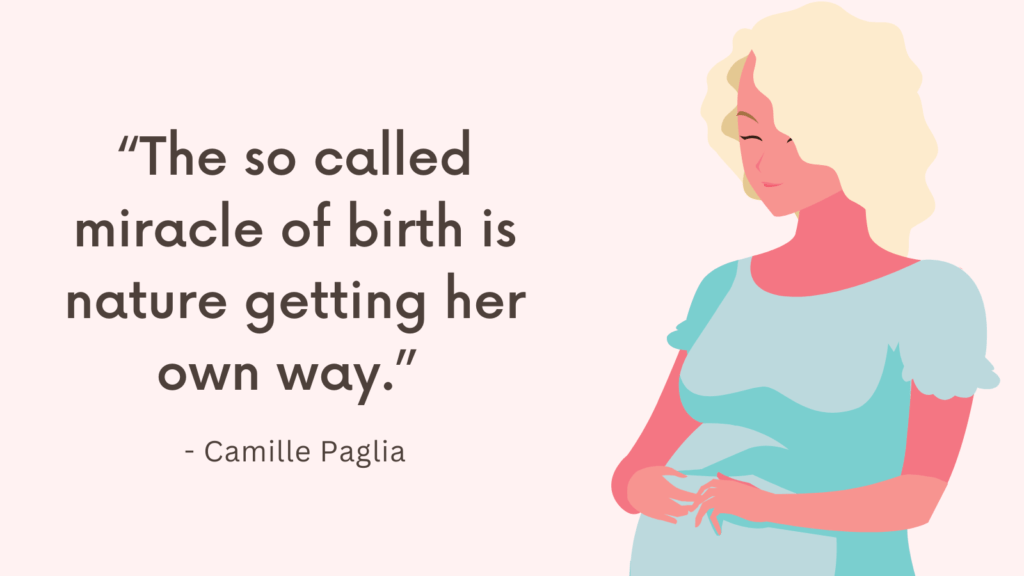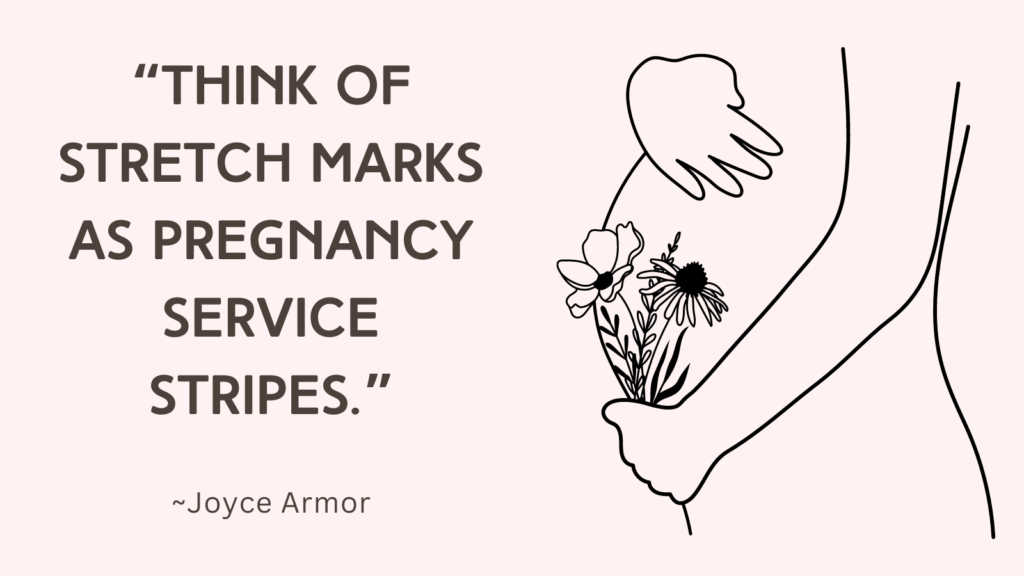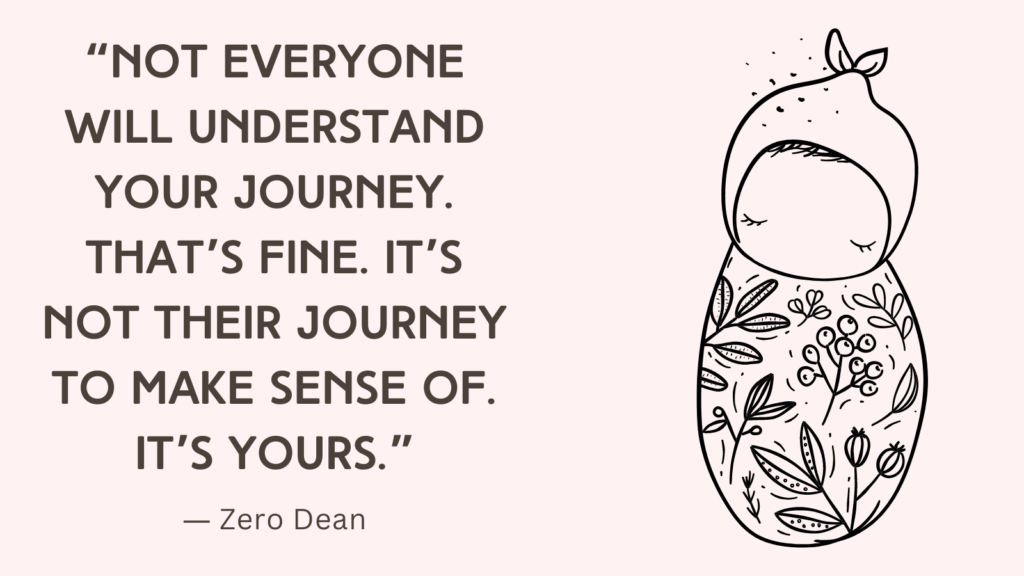In this post, you’ll learn how to find a midwife.
Role of a Midwife
The role of a midwife is essential in providing comprehensive care to pregnant individuals, their partners, and newborns.
Here are some key aspects of a midwife’s role:
1. Prenatal Care: Midwives provide prenatal care, which includes monitoring the health and well-being of expectant parents throughout pregnancy. They perform regular check-ups, offer guidance on nutrition and exercise, and address any concerns or complications that may arise.
2. Labor and Birth Support: During labor and childbirth, midwives offer emotional and physical support to the individual giving birth. They help manage pain, facilitate communication between the birthing person and medical professionals, and provide guidance on various birthing positions and techniques.
3. Postpartum Care: Midwives continue to care for individuals and their newborns after birth, ensuring the well-being of both. They provide guidance on breastfeeding, newborn care, postpartum recovery, and offer emotional support during the transition into parenthood.
4. Health Education and Counseling: Midwives play a crucial role in educating and counseling families about reproductive health, family planning, contraception, and overall well-being. They empower individuals with knowledge to make informed decisions about their health and offer non-judgmental support.
5. Advocacy: Midwives advocate for the rights and choices of individuals and aim to create a safe and supportive environment for all birthing people. They strive to ensure that individuals receive respectful, culturally sensitive, and evidence-based care.
6. Collaboration: Midwives often work collaboratively with other healthcare professionals, such as obstetricians, nurses, and lactation consultants, to ensure comprehensive and coordinated care for their clients.
Related: Best 70 Pregnancy Hacks (+Products Recommendation)
Midwife vs OB-GYN
A midwife and an OB-GYN (Obstetrician-Gynecologist) are both healthcare professionals involved in women’s reproductive health, but they have different roles and approaches to care.
Here are some key differences between midwives and OB-GYNs:
1. Philosophy of Care
Midwives typically have a more holistic and patient-centered approach, focusing on supporting natural, low-intervention childbirth and promoting overall wellness.
OB-GYNs, on the other hand, are medical doctors who specialize in managing high-risk pregnancies and complex medical conditions, often involving more medical interventions.
2. Scope of Practice
Midwives provide comprehensive care for women throughout their reproductive lifespan, including prenatal care, labor and birth support, postpartum care, and general gynecological care. They may also offer family planning, well-woman exams, and menopausal care.
OB-GYNs are trained in both obstetrics (pregnancy, childbirth) and gynecology (reproductive health), and they can perform surgeries, such as cesarean sections, hysterectomies, and other gynecologic procedures.
3. Settings
Midwives can work in various settings, including hospitals, birthing centers, and home births. They often focus on providing individualized, personalized care in a less medicalized environment.
OB-GYNs primarily work in hospitals or medical clinics, offering specialized care for high-risk pregnancies and surgical procedures.
4. Education and Training
Certified Nurse-Midwives (CNMs) are registered nurses with additional certification in midwifery, whereas OB-GYNs are medical doctors who have completed medical school, followed by residency training in obstetrics and gynecology.
CNMs receive training in normal, low-risk pregnancies, while OB-GYNs receive more extensive training in managing high-risk pregnancies and surgical procedures.
Choosing between a midwife and an OB-GYN is a personal decision that should be based on factors such as medical history, pregnancy risk factors, desired birth experience, and available options in your area.
Related: What To Wear To First Prenatal Appointment (& What To Avoid)
How To Find A Midwife?
1. Understand The Differences Between Midwifery And Traditional Medical Care
Midwifery is a holistic approach to childbirth that focuses on providing personalized care and support to women throughout their pregnancy, labor, and postpartum period.
Midwives prioritize a gentle and natural approach to childbirth, empowering women to make informed decisions about their healthcare.
On the other hand, traditional medical care is typically provided by obstetricians and involves more interventions and medical procedures.
2. Identify Personal Preferences And Goals For Childbirth
Think about what kind of birthing experience you envision – do you want a home birth or would you prefer a birthing center?
Consider if you have any specific cultural or religious preferences that you would like to incorporate into your birthing plan.
Additionally, many midwives work in collaboration with hospitals or birth centers, so considering the location and birthing options available is also crucial.
Related: Giving Birth Without A Support Person: Top 7 Ways To Cope
3. Consider Any Specific Medical or Pregnancy-Related Factors That May Impact Your Choice
When searching for a midwife, it is important to consider specific medical and pregnancy-related factors that may impact your choice.
One crucial factor to consider is your health history. If you have any pre-existing medical conditions such as diabetes or high blood pressure, it’s essential to find a midwife who is experienced in managing these conditions during pregnancy.
Another significant consideration is any previous complications during childbirth. If you’ve had a difficult delivery before, finding a midwife who specializes in handling complex pregnancies might be beneficial.
Furthermore, if you are planning a home birth or desire a natural childbirth experience, look for a midwife who has expertise in these areas.
They can offer guidance, support, and medical expertise tailored to your preferences.
Related: How To Find A Doula? 21 Tips To Find The Best Doula For You
4. Gather Recommendations From Trusted Sources
Start by reaching out to friends, family, and colleagues who have had positive experiences with midwives.
They can provide first-hand accounts of their interactions and outcomes.
Another reliable source is your healthcare provider or obstetrician, who can offer insights and referrals based on their professional expertise.
Keep in mind that everyone’s preferences and experiences may vary, so it’s essential to gather multiple recommendations and research each midwife before making a decision.
Related: Top 17 Questions To Ask A Doula
5. Use Online Resources To Search For Midwives In Your Area
One effective way to begin your search is by using online directories specifically dedicated to connecting expectant parents with midwives.
Websites such as American College of Nurse-Midwives https://www.midwife.org/find-a-midwife provides comprehensive database where you can search for midwives based on location.
These directories often include detailed profiles with information about a midwife’s experience, education, philosophy, and the services they offer.
Additionally, these organizations have strict certification requirements, ensuring that the midwives listed in their directories are highly qualified and adhere to professional standards.
This gives you peace of mind knowing that you will be receiving expert care from a certified midwife.
Related: Top 20 Questions For Dads To Ask At First Prenatal Appointment
6. Joining Local Parenting or Pregnancy Groups To Gather Personal Recommendations
These groups are often filled with individuals who have firsthand experience with midwives and can offer valuable insights.
By becoming an active member in these communities, you have the opportunity to connect with other expecting parents who can share their positive experiences and recommend trusted midwives.
Additionally, these groups often organize events, workshops, or classes where you can meet and network with midwives directly.
Through these interactions, you can gain a deeper understanding of their approach, philosophy, and level of expertise, helping you find the perfect midwife who aligns with your preferences and needs.
Related: Breastfeeding Resources (Information, Apps, Books, Podcasts)
7. Explore Online Reviews And Testimonials From Previous Clients
The internet has made it easier than ever to gather information about healthcare providers, including midwives.
By reading reviews and testimonials, you can get a sense of the experiences others have had with a particular midwife and determine if they align with your own needs and preferences.
One of the advantages of online reviews is that they often provide detailed accounts of individuals’ interactions with a midwife.
These testimonials often provide personal stories of individuals’ journeys throughout their pregnancy, childbirth, and postpartum care, giving you a glimpse into the quality of care provided by a specific midwife.
While online reviews and testimonials can be helpful, it’s essential to approach them with a critical mindset. Not all experiences will be positive, and it’s important to consider multiple perspectives before making a decision.
Pay attention to common themes in the reviews and look for consistency in the information provided.
Related: Best +30 Birth Affirmations
8. Evaluate The Midwife’s Location And Accessibility
Start by considering where you live and how far you are willing to travel for appointments and potential home births.
Ideally, you’ll want a midwife who is located within a reasonable distance from your home or workplace.
This ensures that accessing their services during your pregnancy, labor, and postpartum period is convenient and stress-free.
Additionally, take into account the transportation options available in your area.
Is public transportation easily accessible? Is there ample parking if you prefer to drive?
These factors can significantly impact your ability to reach your midwife’s office or birth center on time.
Related: Best Pregnancy Resources (Information, Apps, Books, Podcasts)
9. Understand The Cost of Midwifery Services And Insurance Coverage
Midwives offer personalized, holistic care throughout pregnancy, childbirth, and postpartum, but the costs associated with their services can vary significantly.
One way to find a midwife is to start by checking with your insurance provider.
Some insurance plans cover midwifery services, while others may require additional out-of-pocket expenses.
It’s important to review your policy and contact your insurance company directly to understand what costs will be covered and what will not.
Additionally, you can research different midwifery practices in your area and request information on their fee structures. This will help you compare costs and services provided.
Also consider reaching out to local birth centers or organizations that support natural childbirth. They can often provide recommendations and resources for finding midwives who align with your preferences and financial situation.
Related: Best +65 Modern Baby Girl Names
10. Prepare a List of Questions
Finding a midwife who aligns with your preferences and needs is an important step towards a positive birthing experience.
When creating your list, prioritize inquiries that address your specific concerns, desires, and expectations.
The following are some examples:
- What is your experience and qualifications as a midwife?
- What types of services do you offer (prenatal care, labor, birth, postpartum care, etc.)?
- What is your approach to prenatal care? How often will I have appointments?
- What is your philosophy regarding pain management during labor? What options do you typically offer?
- How do you involve and support partners or other family members during pregnancy, labor, and birth?
- How do you handle emergencies or complications during pregnancy or childbirth?
- Can you provide references or testimonials from previous clients?
By preparing a comprehensive list of questions, you can ensure that you find a midwife who not only possesses the necessary skill set but also resonates with you on a personal level.
Related: Minimalist Baby Registry (+FREE Baby Registry Checklist PDF)
11. Trust Your Instincts
It’s important to remember that the relationship between a woman and her midwife is built on trust, open communication, and mutual understanding.
Once you have some potential candidates, schedule interviews to get a feel for their approach, beliefs, and level of experience.
During these meetings, pay attention to how comfortable you feel discussing your concerns and desires.
A midwife who actively listens, respects your autonomy, and offers thoughtful responses can help foster a positive birth experience.
Trusting your instincts includes recognizing if you feel heard and supported throughout your pregnancy journey.
Related: Best 7 Pregnancy Self Care Products
Conclusion
A midwife’s role goes beyond medical care; they offer emotional support, guidance, and empowerment throughout the entire pregnancy journey.
Finding a midwife who aligns with your values and instills confidence in your ability to have a safe and fulfilling birth is essential for a positive experience.




